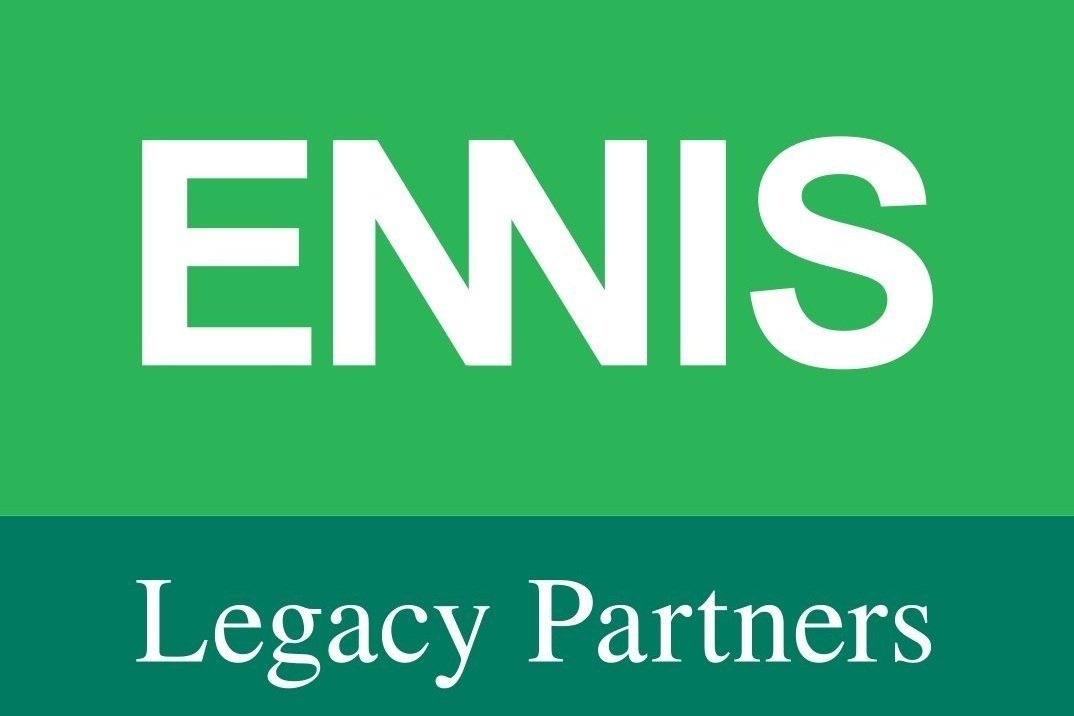Every sale of a business requires negotiation. The buyer is purchasing the future potential of the company and is aware that they can only learn so much in a due diligence process. The seller’s strong management team, documented procedures, and portfolio of recurring revenue clients, and other value drivers will move a buyer forward. And, if a seller wants to further strengthen their story at the negotiation table they will be prepared with a documented strategic plan for future growth.
What’s in a Growth Plan?
An effective growth plan is far more than numbers on a spreadsheet. It addresses these key questions:
What will our revenues be in the next three to five years?
Who will our clients be, and what new markets will we pursue?
What services will we continue to sell, discontinue? What new services will we offer?
What is the profitability of those products?
What resources are required to accomplish our goals?
Who will be responsible for each element of the plan?
The Effect of a Proven Growth Plan…
Demonstrating that the management team not only exists but can perform.
The position of the company in the market is clearly understood.
The projected cash flows are credible.
Enables a higher starting point for negotiation.
This last benefit is perhaps most significant. As we all know, the value of a company is a function of Cash Flow/EBITDA, and this is the starting point for negotiation.
Now consider two companies…
Both Company A and Company B have a $ 2M EBITDA and a multiplier of 5x. The value = $10M.
Both companies say they plan to grow to $4M EBITDA in the next 5 years. However, Company A has no track record, but Company B has demonstrated growth plans. And they have defined this growth plan as thoroughly as they have in past years.
While Company A has little basis to start over $10M ($2Mx5), Company B may have a credible basis to start negotiations at $20M valuation ($4Mx5). In a competitive market, developing and executing on growth planning will position your company to maximize its value at sale.

